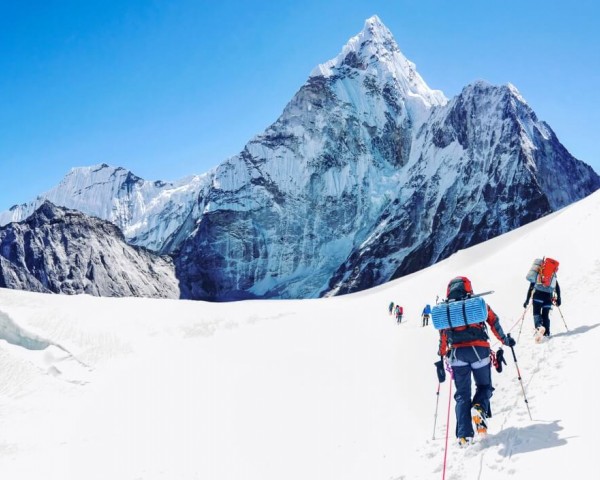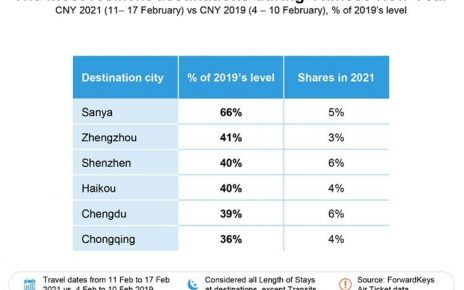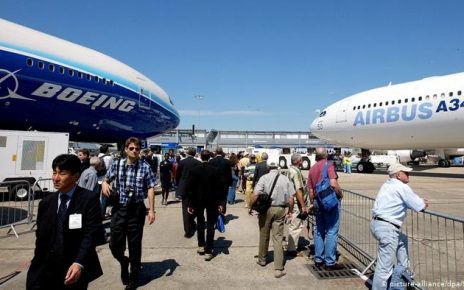Mount Everest is still only accessible to wealthy travelers, but the mountaineering industry has significantly transformed since 1953. The ascent has become cheaper and more straightforward but still risky.
Sherpa mountaineer Kami Rita, a well-known mountain guide in Nepal, has scaled Everest 28 times, which has never been done before. The Himalayan Database shows that more than 11,000 successful ascents have been made, including more than 5700 by native mountain porters and guides. Today’s trips, in the opinion of mountain guide Kami Rita, cannot be compared to those of the past, as you can order almost any dish in a five-star hotel and land directly by helicopter at the base camp.
If you have money, you can always find nice lodging, internet access, and medical care at the base camp. The commercialization of extreme sports has made Mount Everest climbing more accessible to the masses, but the cost has also increased. In recent years, traffic congestion in the “death zone” near the top has become usual. Nevertheless, it is possible to climb the peak between China and Nepal from both sides. The Nepalese Ministry of Tourism has authorized 478 climbers this year alone. Fatal accidents occur occasionally, but such news does not discourage adventure seekers or harm the mountaineering industry.
Mountaineers from abroad are drawn to Everest because of its name and fame, and many strongly desire to break a record.
The cost of climbing in Nepal has increased significantly due to the rising demand. According to US mountaineer and blogger Alan Arnette, a foreign climber must pay at least 40,000 euros for an ascent. The cost includes the permit price from the Nepalese Ministry of Tourism, gear, oxygen cylinders, domestic travel, lodging, food, and a local team of workers to lead the way.
VIP services are now available from reputable vendors, but the price may reach 100,000 euros. There is occasionally even a lack of native mountain sherpas and guides due to the high demand. Local mountain guides may make at least 500,000 rupees (3,500 euros) per season, more than twice what the typical Nepalese make in a year. In addition, numerous international climbers have donated money to impoverished Nepal.




